Want to know how good your wine really is?
Customer feedback might give you the pats on the back you want, but not the answers you need, says Spicewood Vineyards owner Ron Yates, who says your loyal regulars might pull some punches when tasting a work in progress.
Yates said he and the winemakers can be harsher critics than the customers, so they prefer to keep things in house during the early stages, waiting until later in the process to seek feedback from an expanded audience.
“I learned early on that people will tell you what you want to hear and not necessarily how good or bad the wine actually is,” Yates said. “That is why we try to keep everything in house at first and we try to be our own harshest critics.”
When they have a good idea of what the wine is going to be, then they feel comfortable subjecting it to some additional sets of taste buds.
“Once we have the wine somewhat figured out, I will start letting our employees and some customers whose palettes I trust give us their feedback,” he said. “We take everything into account and we have certainly made changes on some of our production’s wines based on feedback we have received from tasters.”
The early tasting process usually involves the owner and winemakers tasting, smelling and sharing their thoughts before making notes and sharing those notes with each other.
“We talk about which techniques were used during the winemaking process and why those techniques worked or didn’t work,” Yates said. “We try to take all of those ideas and thoughts into account and incorporate them when we start again next year.”

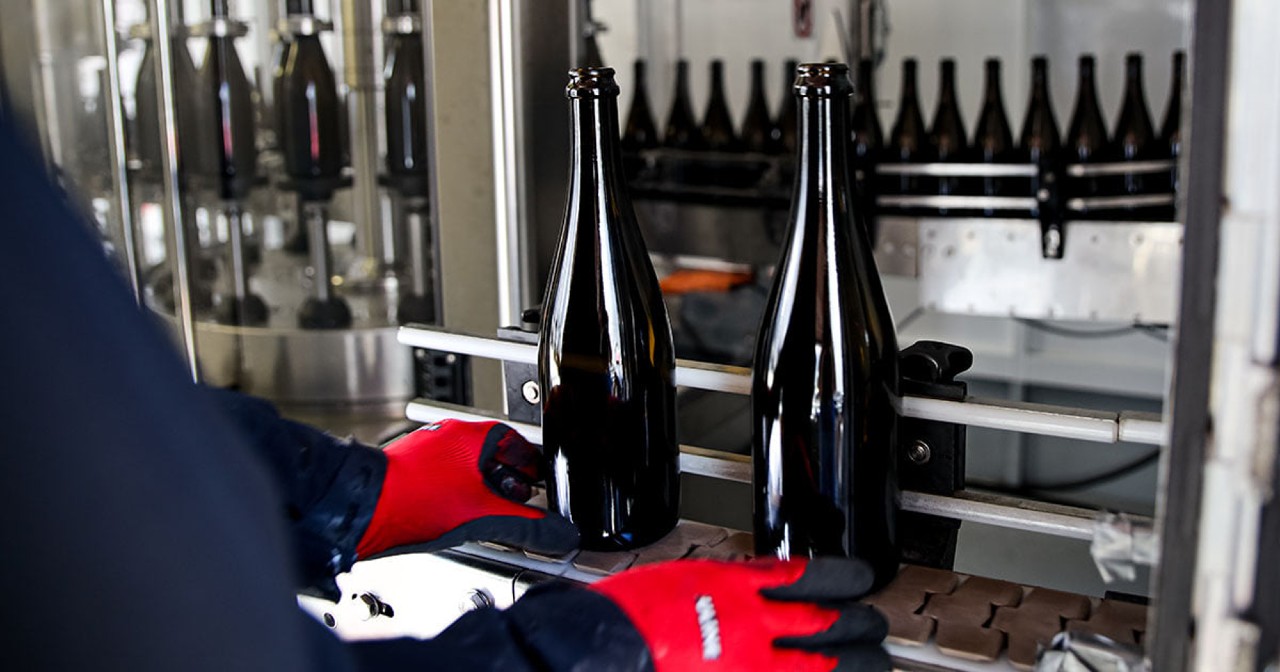
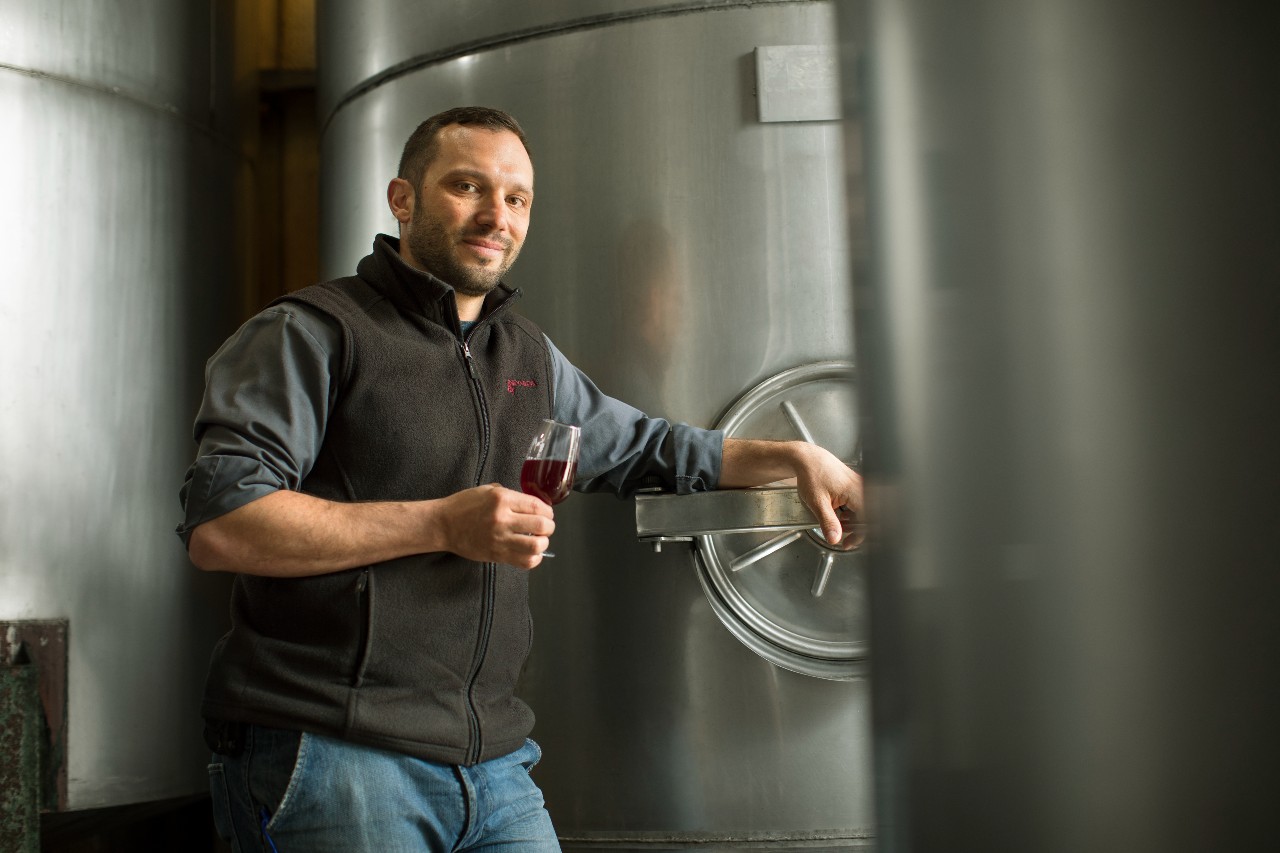
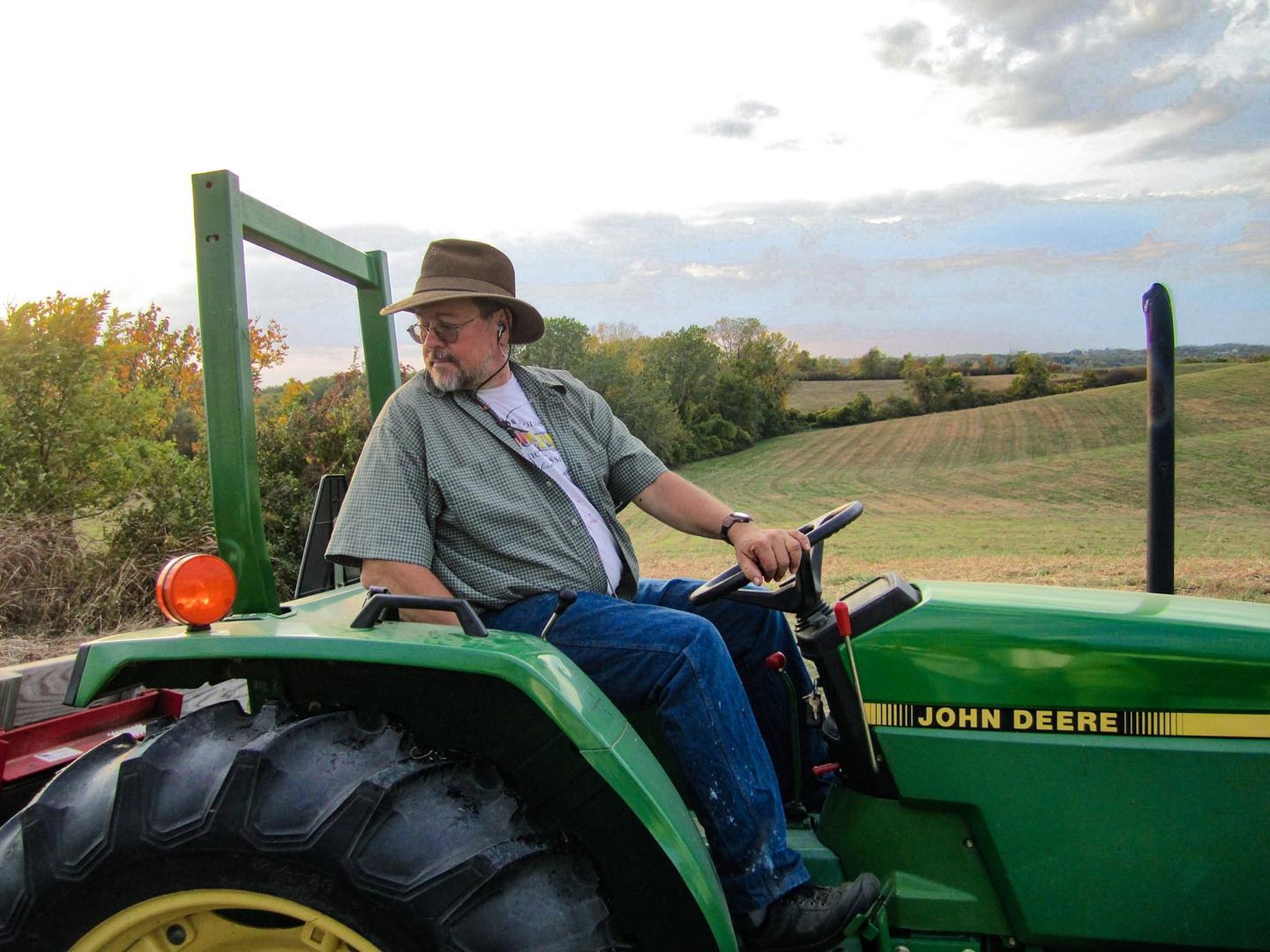
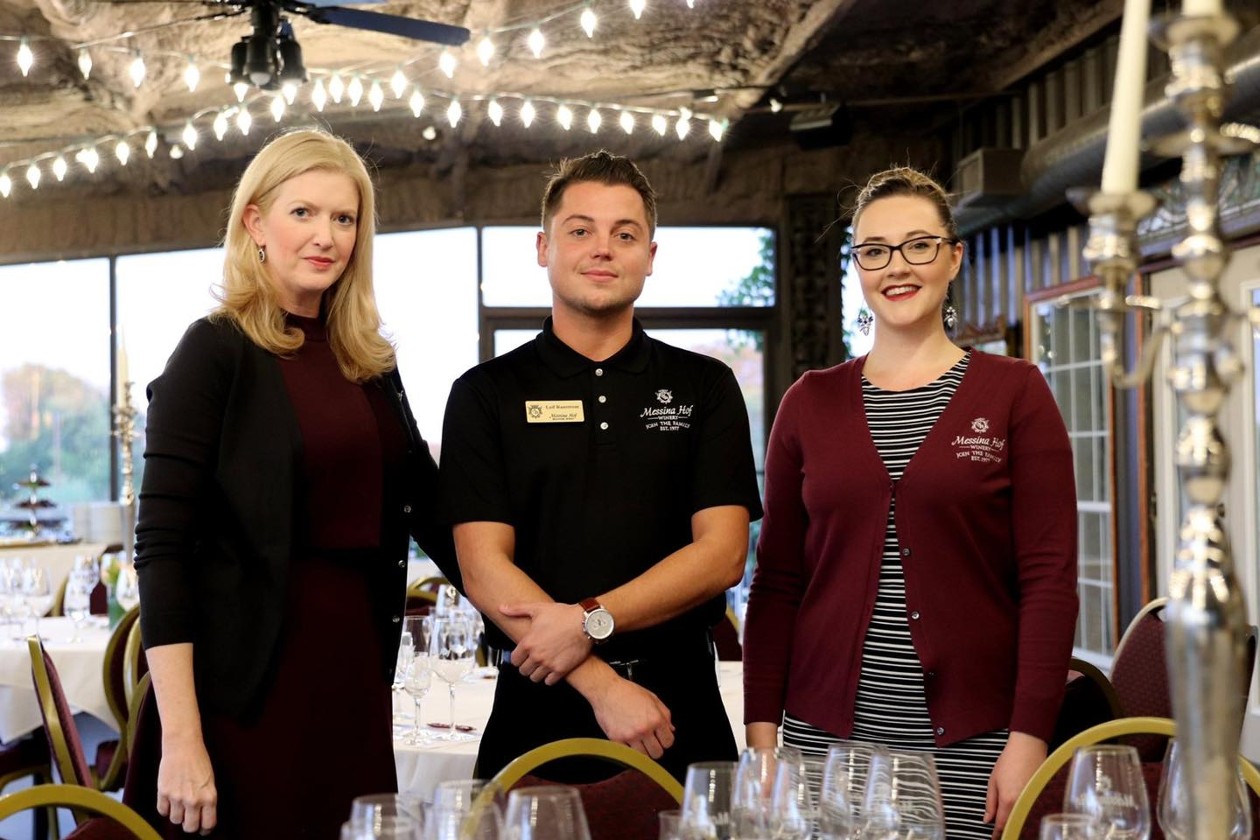
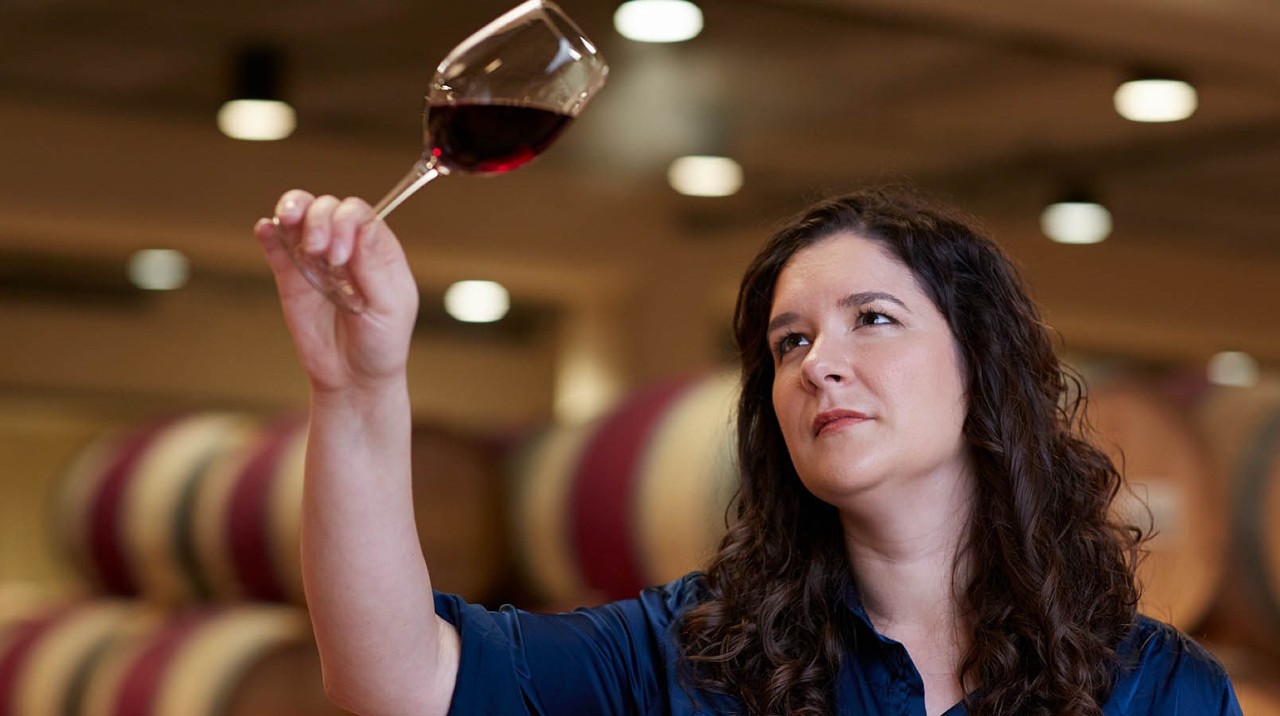


Be the first to comment